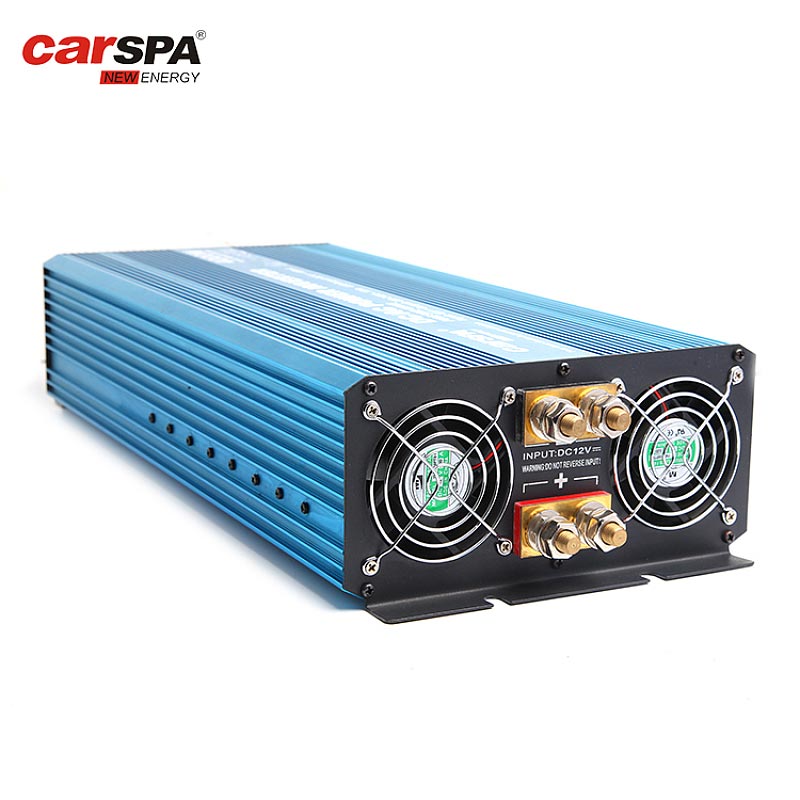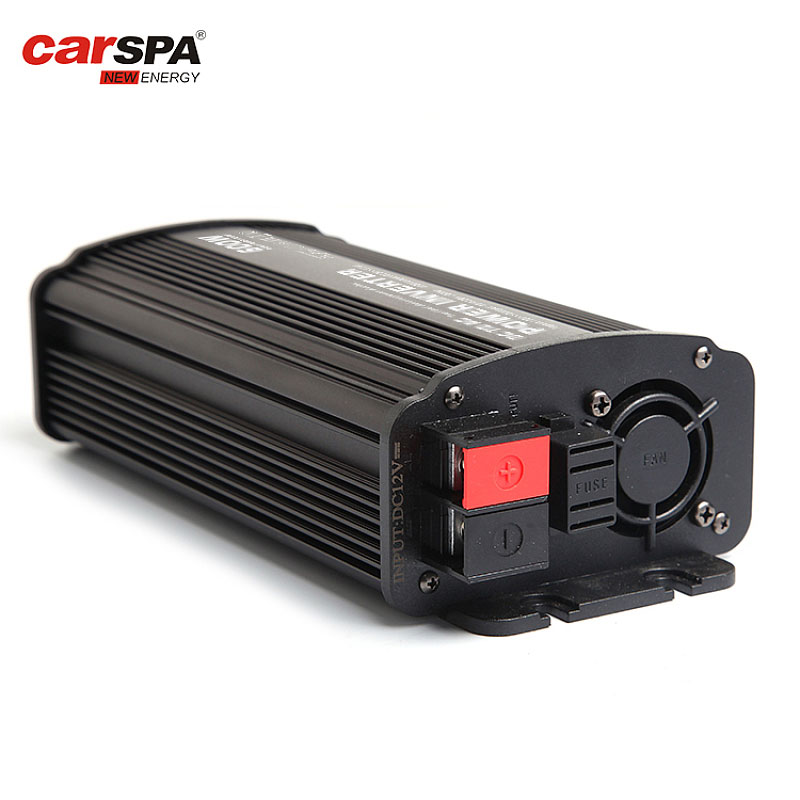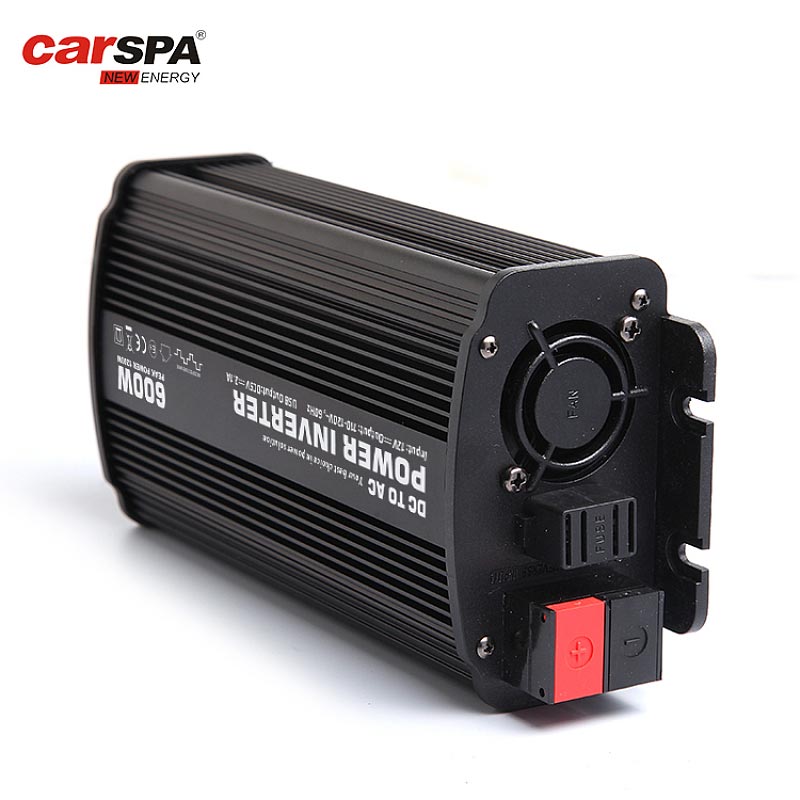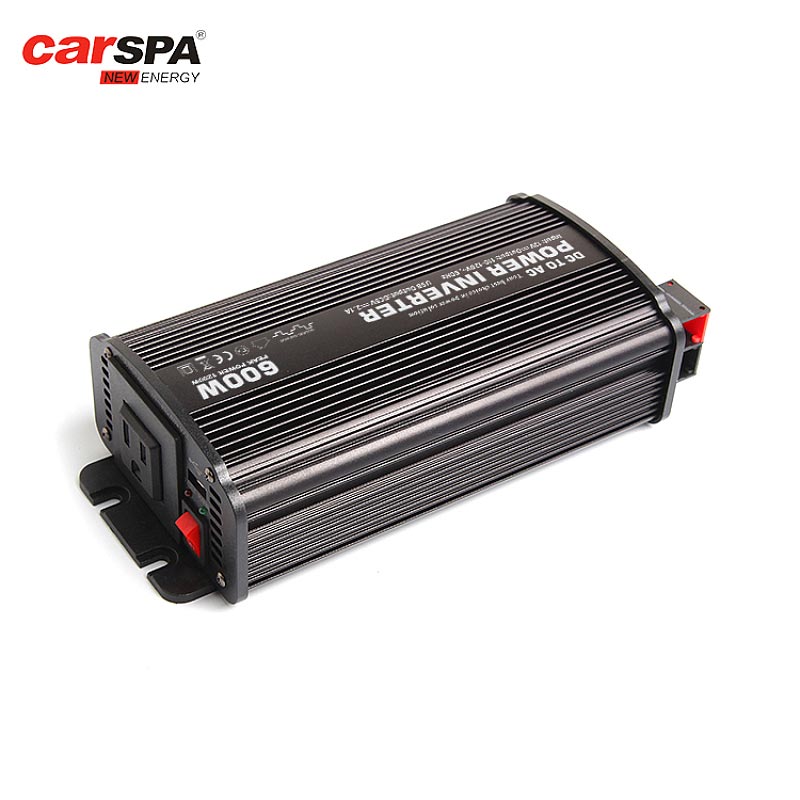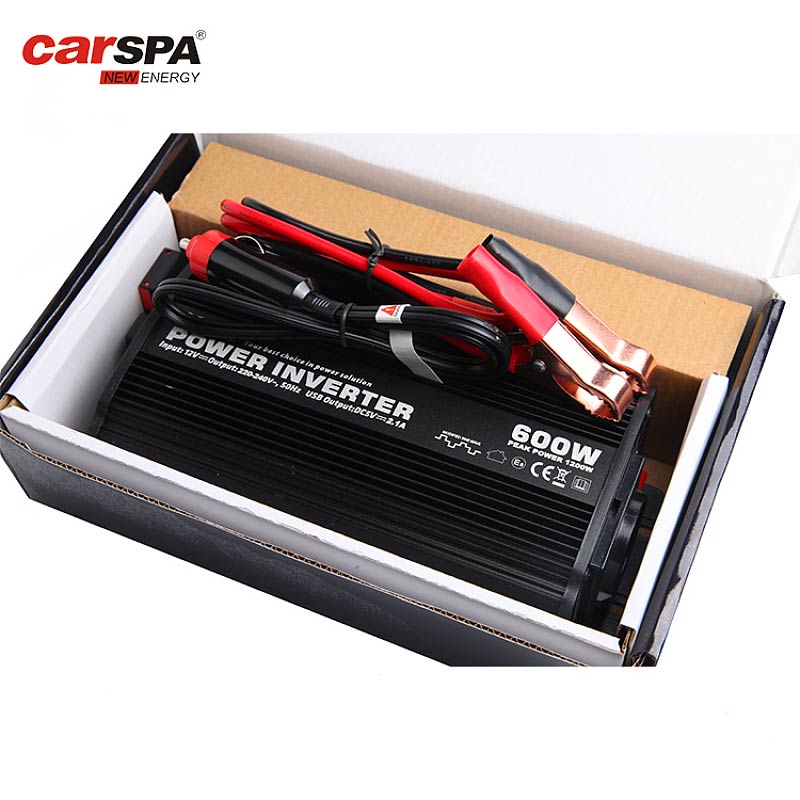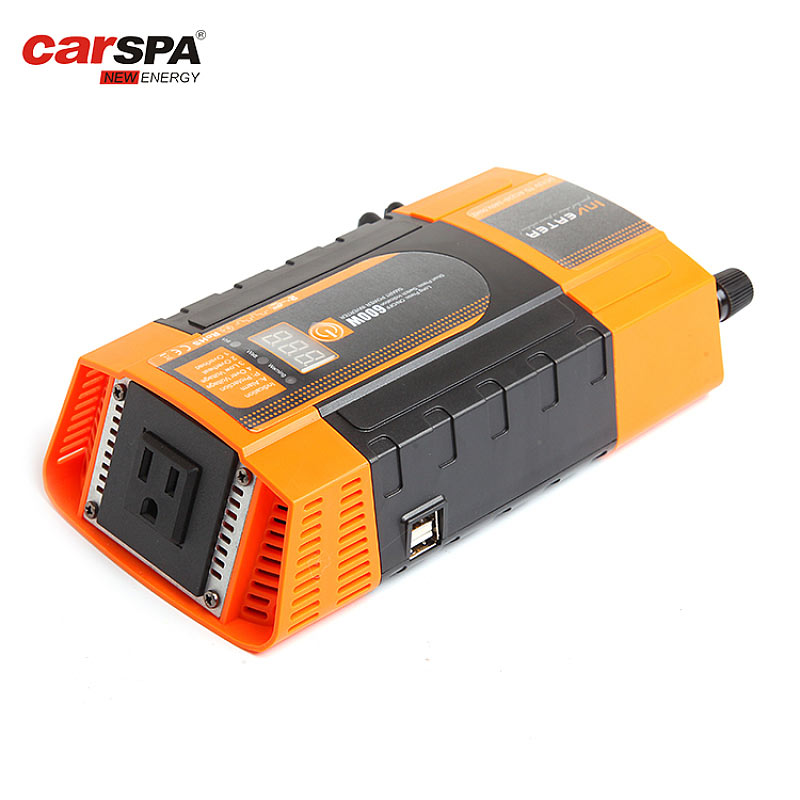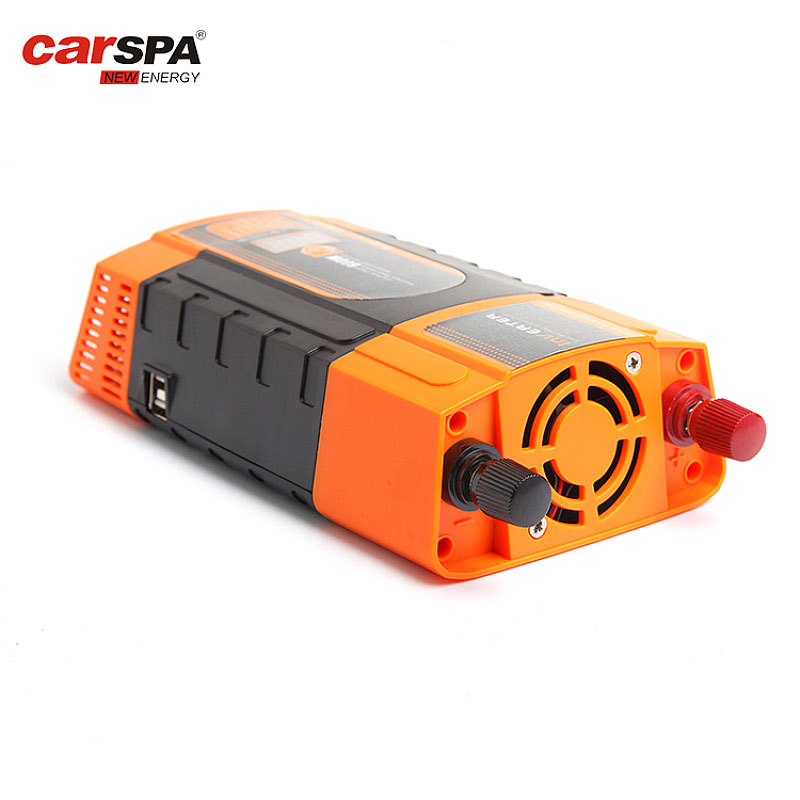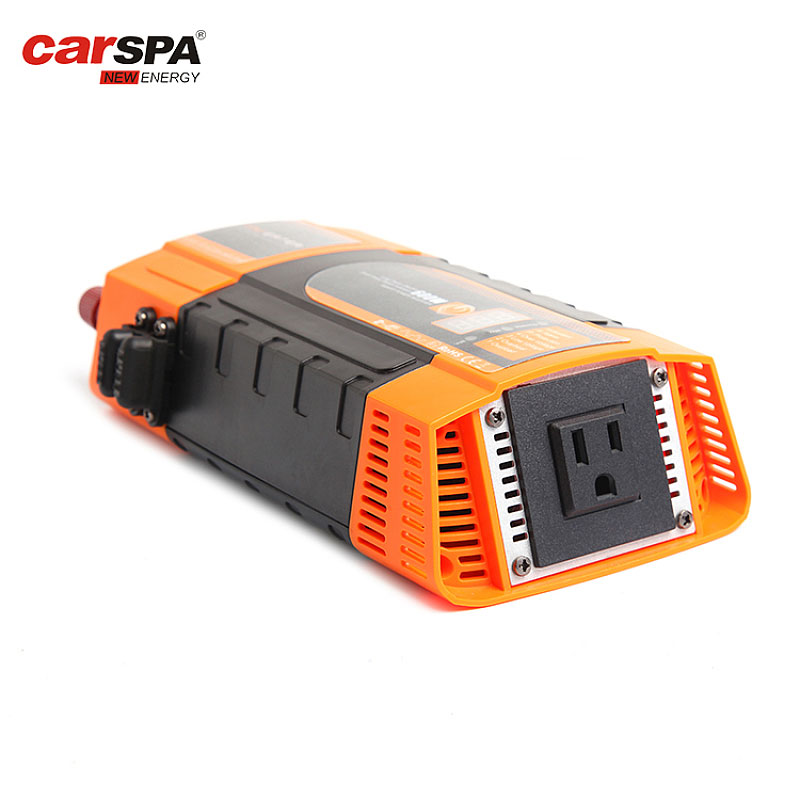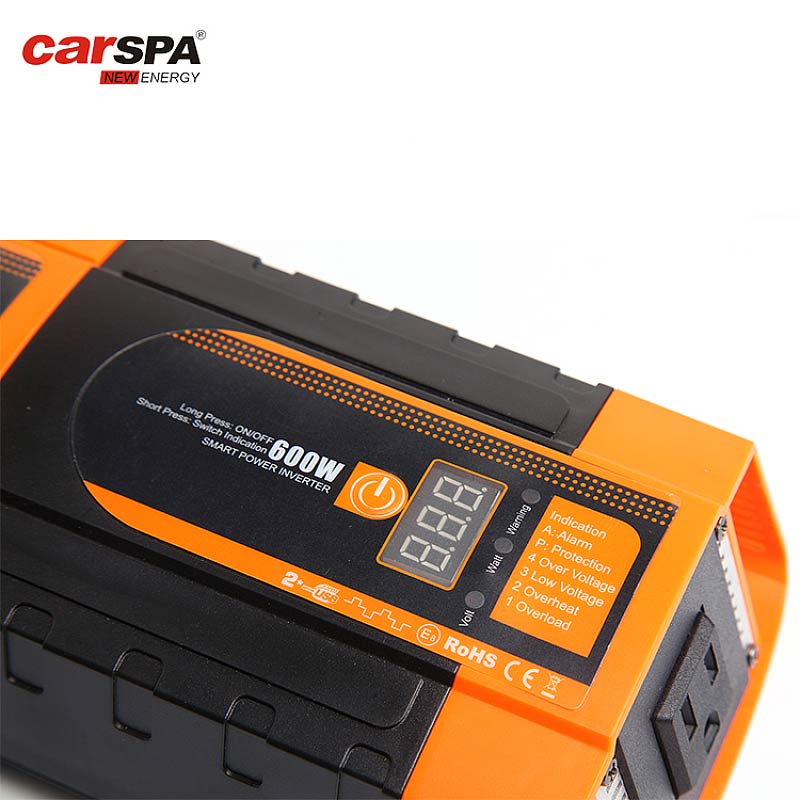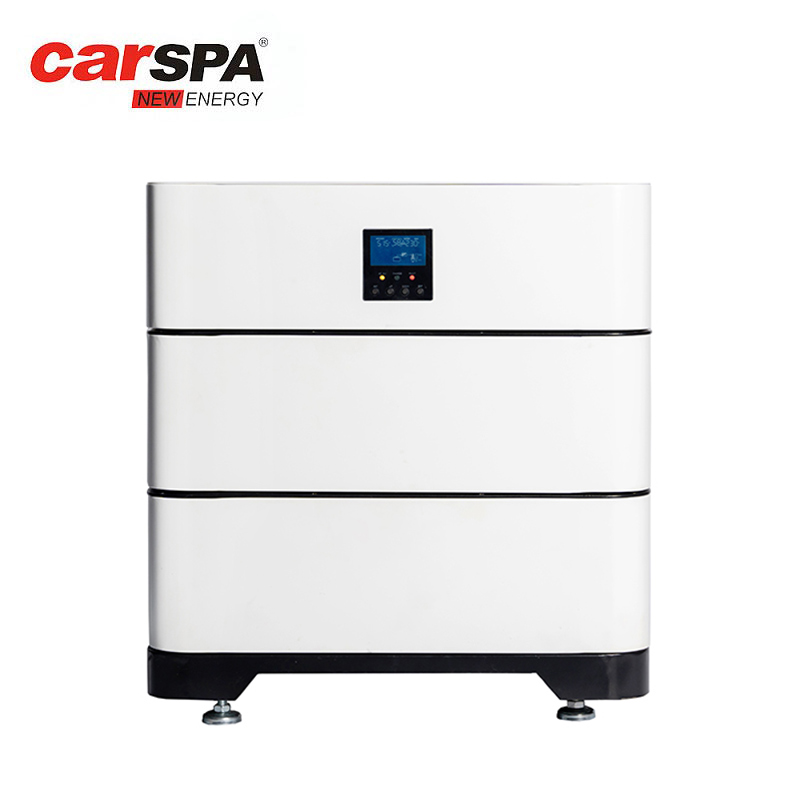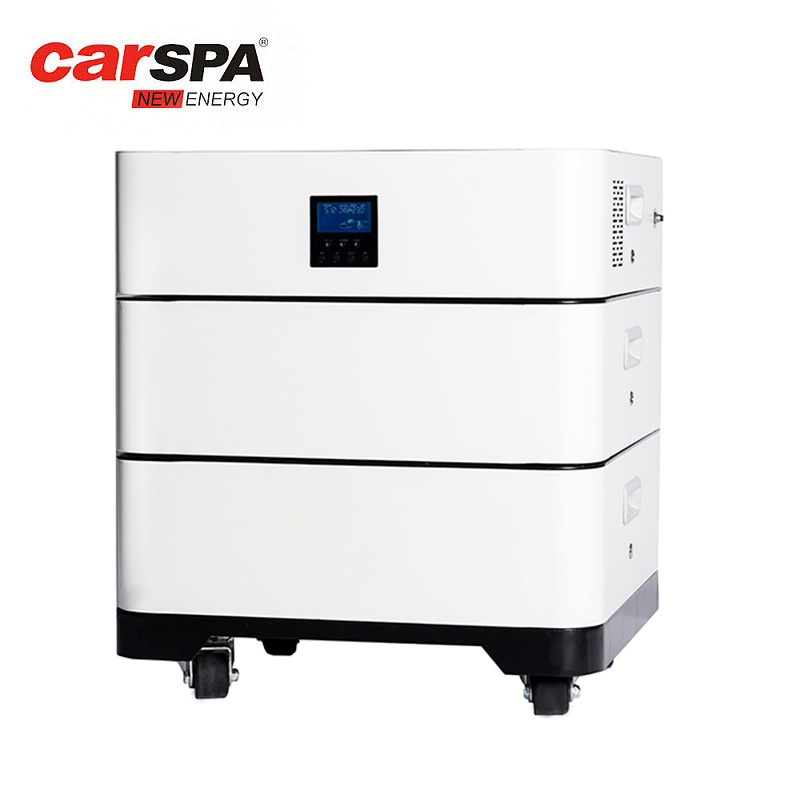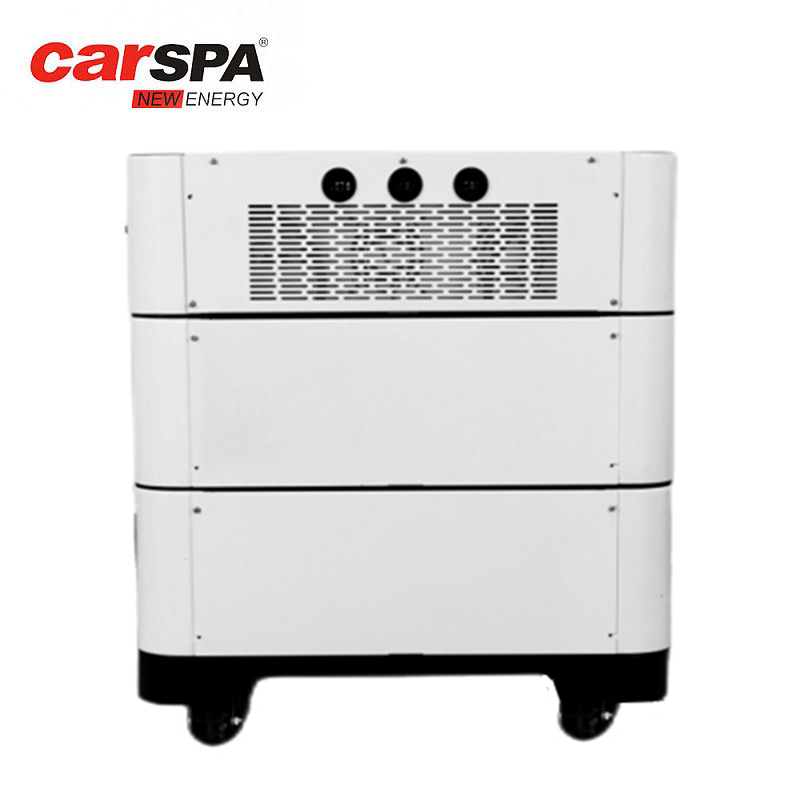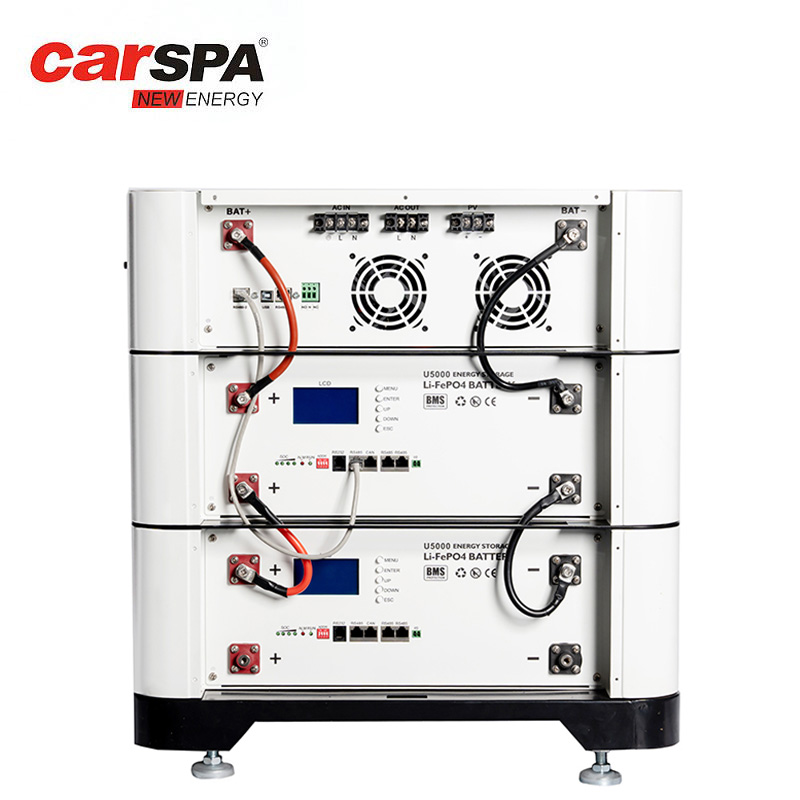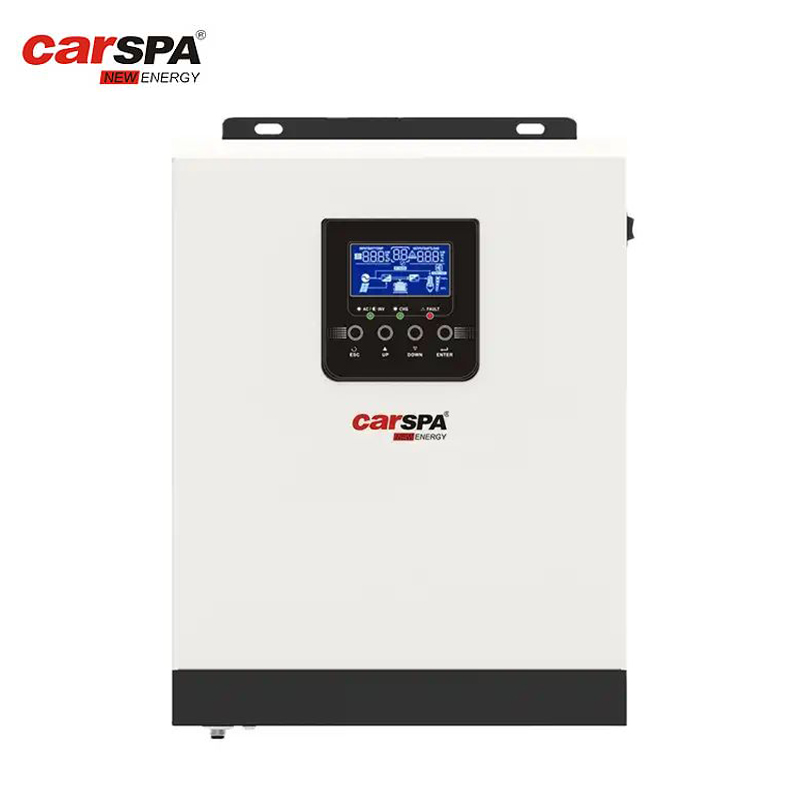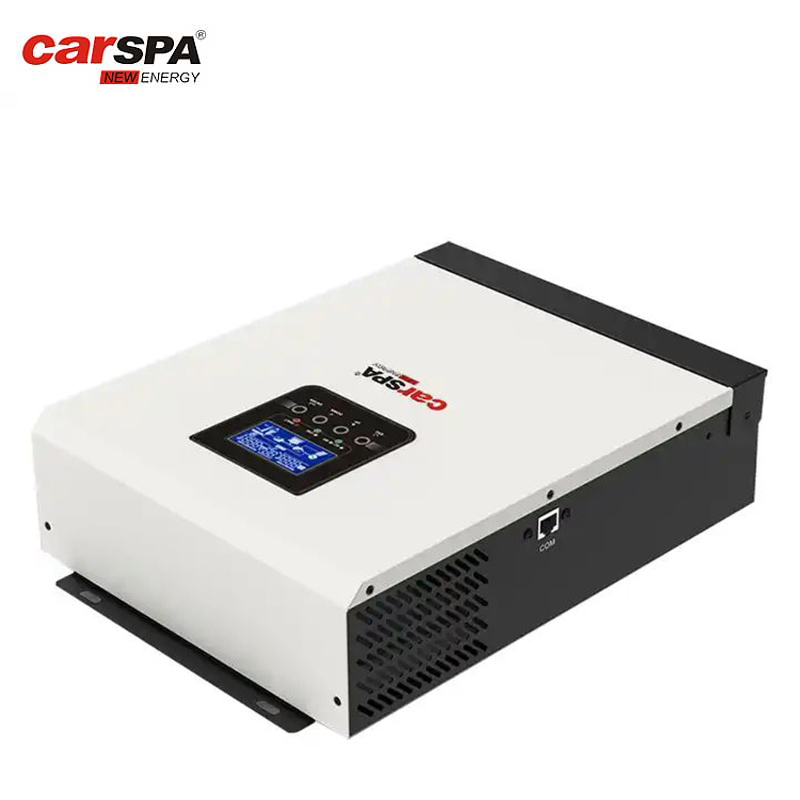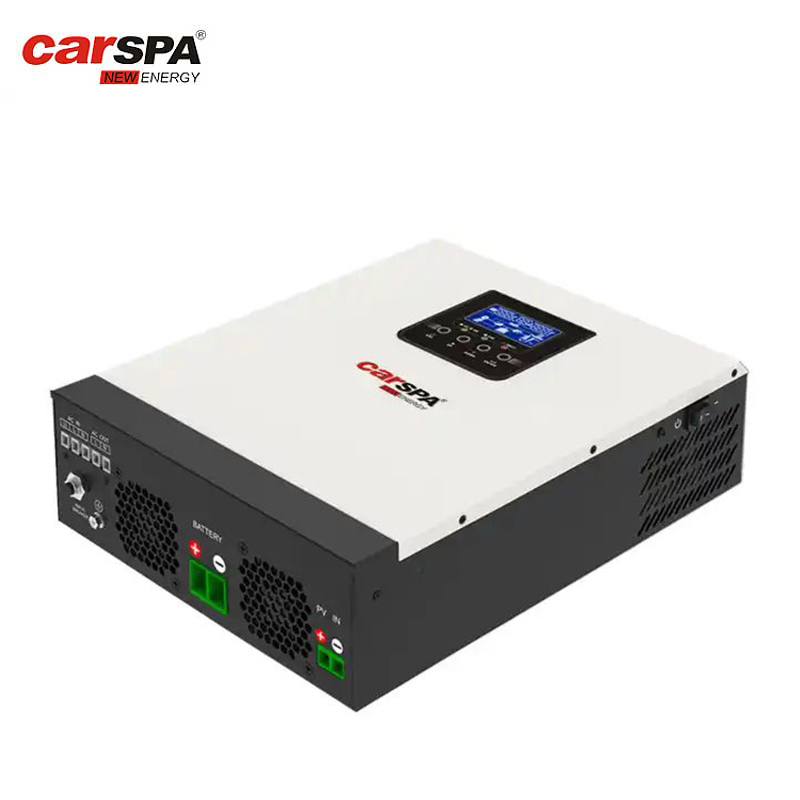LiFePO4 Solar Charge Controllers: An Overview
As solar energy becomes increasingly popular for residential and commercial applications, more and more people are looking for ways to efficiently store the energy generated by their solar panels. One of the most popular types of batteries used for this purpose is the Lithium Iron Phosphate (LiFePO4) battery. However, in order to optimize the performance of these batteries, it is important to use a compatible charge controller. In this article, we'll take a closer look at LiFePO4 solar charge controllers and their benefits.
What is a LiFePO4 Solar Charge Controller?
A LiFePO4 solar charge controller is a device that regulates the charging process of LiFePO4 batteries using energy generated from solar panels. It ensures that the batteries are charged efficiently and safely, preventing overcharging, undercharging, and other damaging conditions. These controllers also monitor the state of the batteries and the solar panels to ensure that the system is running smoothly.
Why Use a LiFePO4 Solar Charge Controller?
Using a LiFePO4 solar charge controller offers several benefits. First, it helps to extend the life of the batteries by ensuring that they are charged optimally. Overcharging or undercharging can damage the batteries and reduce their lifespan. Second, these controllers can help to improve the overall efficiency of the solar energy system by ensuring that the energy generated by the panels is properly utilized. Finally, LiFePO4 solar charge controllers can help to protect the system from damage caused by overvoltage, overcurrent, and other electrical problems.
How Does a LiFePO4 Solar Charge Controller Work?
A LiFePO4 solar charge controller works by regulating the amount of energy that is sent to the batteries from the solar panels. It uses a charging algorithm that is specifically designed for LiFePO4 batteries to ensure that they are charged efficiently and safely. The controller also monitors the voltage and temperature of the batteries and adjusts the charging process accordingly. If the batteries become too hot or too cold, for example, the controller will adjust the charging process to prevent damage.
Types of LiFePO4 Solar Charge Controllers
There are two main types of LiFePO4 solar charge controllers: PWM and MPPT.
PWM (Pulse Width Modulation) controllers are the simplest and most affordable option. They work by regulating the voltage of the solar panel so that it matches the voltage of the battery. However, they are not as efficient as MPPT controllers and may not be suitable for larger solar energy systems.
MPPT (Maximum Power Point Tracking) controllers are more complex and expensive, but they are also more efficient. They use a more advanced algorithm to track the maximum power point of the solar panel and adjust the voltage and current accordingly. This ensures that the energy generated by the solar panel is utilized as efficiently as possible.
Conclusion
If you're using LiFePO4 batteries in your solar energy system, it is important to use a compatible charge controller to ensure that they are charged safely and efficiently. LiFePO4 solar charge controllers are specifically designed for these types of batteries and offer several benefits over other types of controllers. Whether you choose a PWM or MPPT controller will depend on the size and complexity of your solar energy system, as well as your budget.



